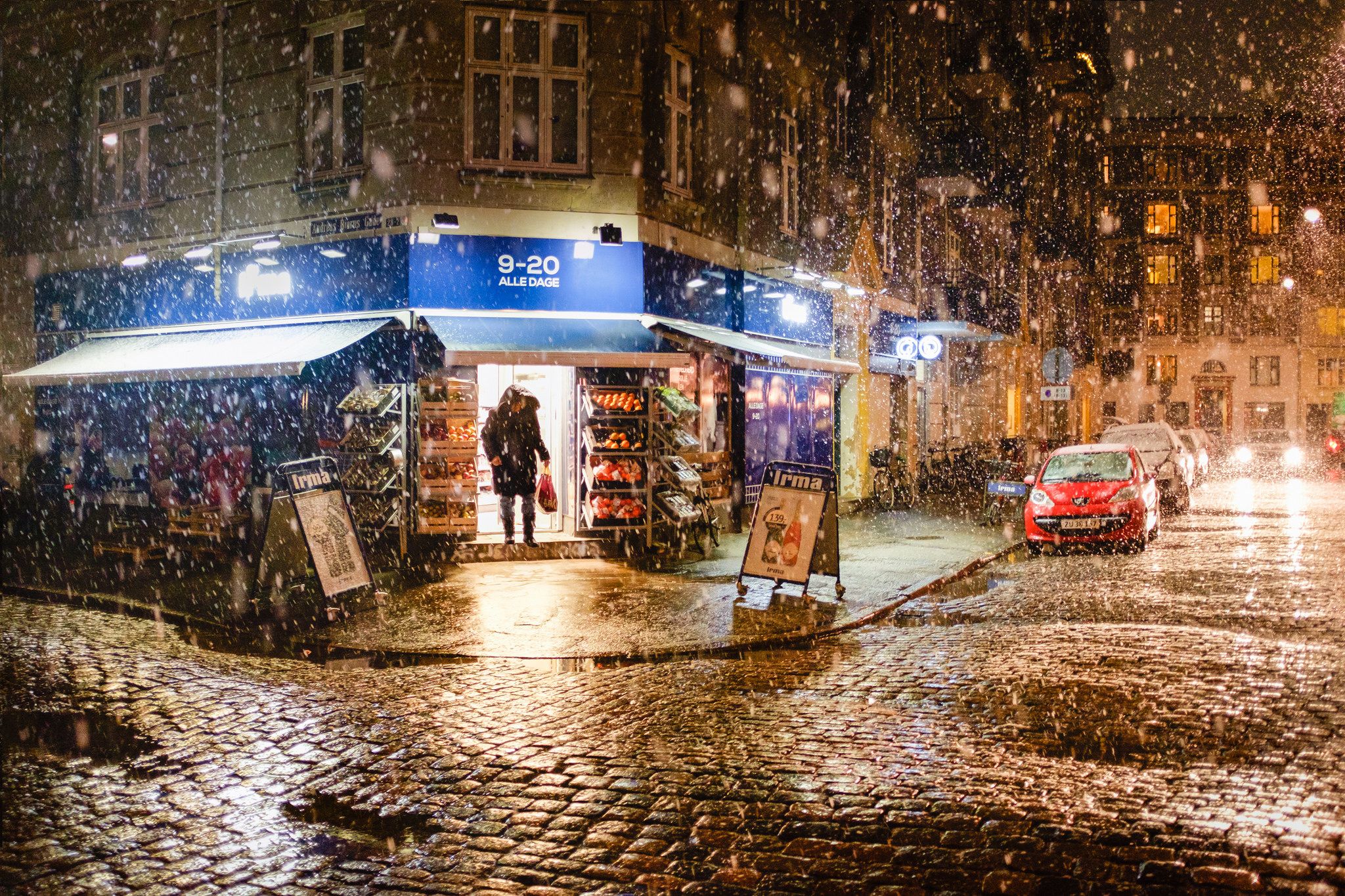Government party Liberal Alliance has described Denmark’s current retail opening hours law as “patronising” to shop owners.
Not long ago, only selected shops could open on a Sunday, but now the only days on which large establishments cannot open are public holidays – for example, all of the country’s shops are obliged to close at 15:00 on New Year’s Eve.
But the government would like to do away with these restrictions, arguing that in the interest of free enterprise it should be the shops that decide when they can open.
Autonomy for the traders
Socialdemokratiet and Dansk Folkeparti disagree, however, and without their support, the government won’t be able to form a majority to amend the law.
“The opening hours law is a patronising, strange law. It could be a little shop located in the countryside, and yet it is us at Christiansborg who decide when it can open. It should be the trader who decides,” Christina Egelund, political policy spokesperson for Liberal Alliance, told TV2.
“I want to live in a liberated country where traders and citizens are allowed to decide as much as possible themselves and we decide less.”
Giving physical shops an edge
The government argues physical stores need an edge to compete with online shopping.
And it also contends that liberated laws will also benefit tourists – particularly those visiting Denmark for a long weekend in May or June, only to discover that most shops are closed on a Friday (Great Prayer Day) or Monday (Whitsun).
Nevertheless, small supermarkets with an annual turnover of 33.2 million kroner are permitted to open on holidays.
Concerns for employees
Counter-arguments tend to take the side of employees, who parties like S and DF fear will be forced to work during national holidays held sacred by the nation, such as Christmas Eve.
DF business spokesperson Hans Christian Skibby warned a law change would have “quite serious consequences for small and medium-sized enterprises and those that have relatively few employees”.
The last time the law was changed was in 2012. Prior to the change, which enabled some stores to introduce 24/7 opening hours outside the holidays, the small supermarkets were the only ones able to open on a Sunday.














